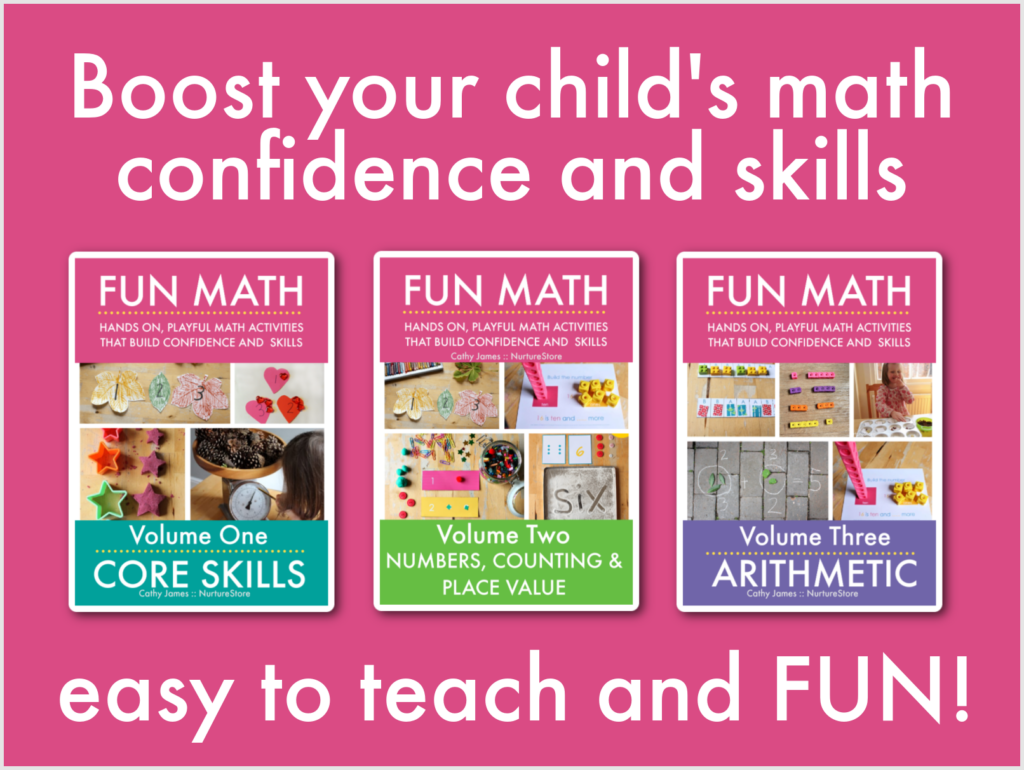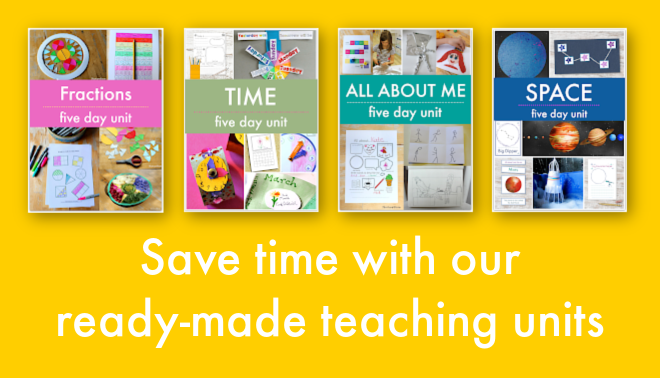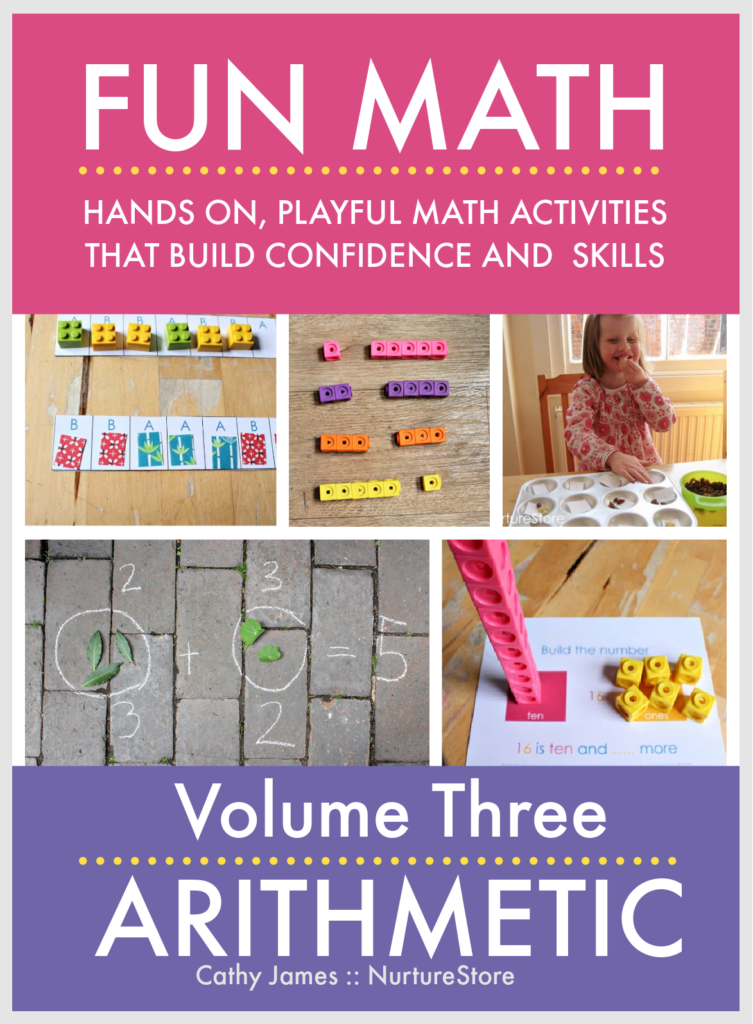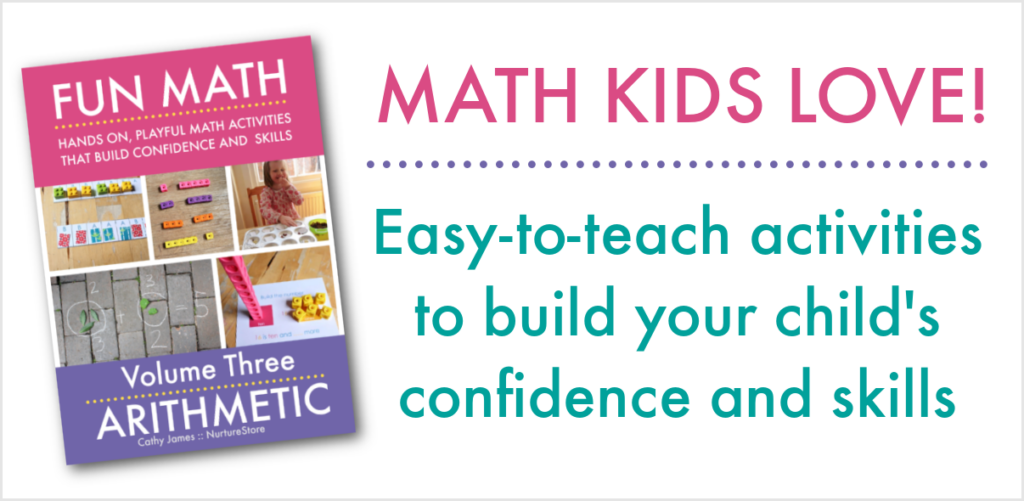Did you know your attitude to math has a huge impact on how your children feel about the subject, for good and for bad? Let’s look at how our own feelings can knock our kids confidence and get in the way of their learning, or how our approach can boost their spirit and make math easier for them.
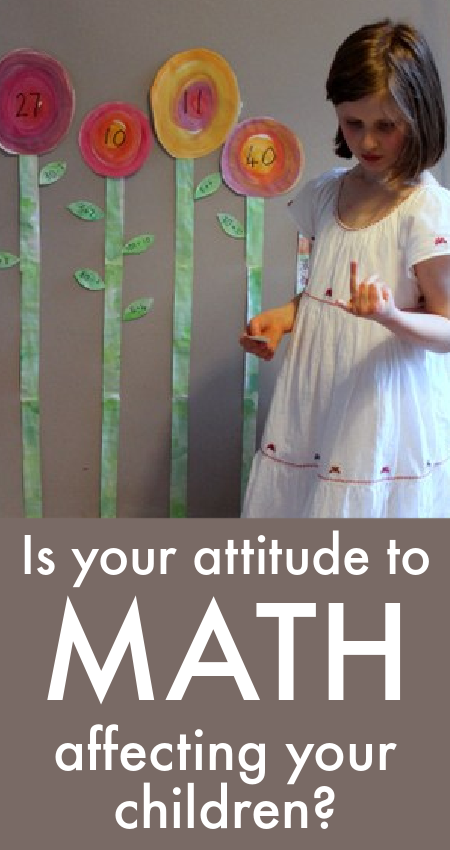
How our teaching affects our child’s confidence in math
Unlike art and creative writing, with the study of math there is a right answer to the questions asked.
There might be different ways to work out that answer but there is nevertheless a correct answer, which in turn means there is a wrong answer.
Perhaps more than in any other subject, many people are quick to judge their competence in math and label themselves as good at it or bad at it.
Study after study reports children and adults suffering from math anxiety, lack of confidence and always in fear of making a mistake.
Let’s break this pattern for our children by looking at how our own attitudes to math can have a profound impact on our children’s confidence and success.
Magic Fun Math lessons!
Fun Math is an easy to teach, highly effective math curriculum based on play and hands-on learning.
All the lessons are designed to be fun and memorable, so children enjoy their lessons and feel confident.
The lessons are easy for teachers and parents to use, in class or at home.
These are the magic lessons where children really see, understand, and can apply math concepts. They are especially suited to children who don’t like math, lack confidence, don’t understand math the way they are currently being taught, or just want to play.
SEE MORE AND TRANSFORM YOUR MATH TEACHING HERE.
Why do children lack confidence in math?
Are you good at math?
A key factor in a child’s confidence around math is your feelings about your skills.
Whether you are their teacher or parent, you set the tone around math for them and you can be a great role model or a poor role model. Interestingly, you can find math challenging and still be a great math role model. Similarly, you can find math easy and be a poor role model.
So just before we dive in to all the excellent math resources in our Fun Math series, let’s take moment to think about how we personally feel about math and how we can pass, or avoid passing, our feelings on to our children.
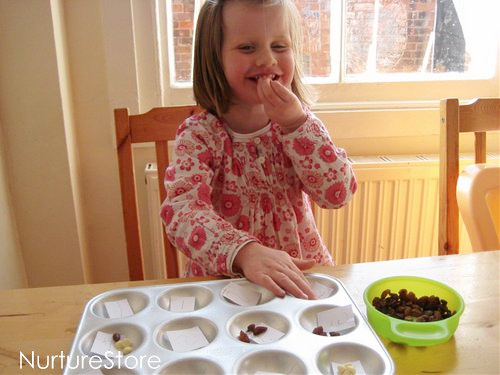
“I was never any good at math.”
Recently someone told me they were terrible at math, always had been, ever since school. And while they were telling me this, they were also working away at making a beautiful quilt.
As you might know, quilting uses so many math skills: measuring, cutting, piecing, patterns, sequences, angles….. and yet my friend had told herself for her entire life that she had poor math skills. This was all based around how she had been taught at school: both the methods used and the overall atmosphere in her classroom.
We’ll look in our Fun Math series at the ways we can create a great, inclusive and encouraging learning environment, but first take a pause to consider what messages and ideas you carry about math.
There’s not a right or wrong answer here but do think about whether your thoughts serve you well and whether they are messages you want to pass on to your children.
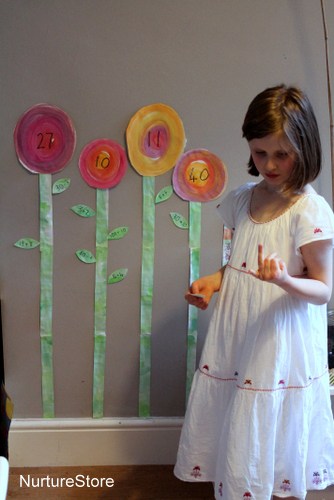
Change how you think about math
Consider the following questions, perhaps journalling your answers, discussing them with colleagues, your co-parent or other parents:
:: What is math? Why do children need to learn math skills?
:: Do you see math as work done following textbooks, to pass exams and gain qualifications? Do you see the math in cooking, gardening, and doing your weekly food shop?
:: How were you taught math at school? Were there any moments you loved or any you dreaded? Why did you love or dread them?
:: How do you feel about play? Do you think children can learn math skills only by playing?
:: Is it OK to make mistakes? How do you feel when you make a mistake?
:: How do you measure success at math? Do you have to get every answer right? Do you always expect to see scores of 10/10 and grade As? Do you feel comfortable stretching yourself out of your comfort zone, making mistakes at first so you build more and more skills?
:: What is intelligence? What makes someone good at math? Is it a natural skill that some people are born with or can you develop it through practice?
:: Is math the most important school subject? Are you ‘brainy’ and likely to do well in life if you are good at math? If you leave schooling with few math skills, what would be the consequences?
:: Where does math overlap with other subjects and other skills?
Be mindful about the messages you pass to your children
Once you’ve reflected on your answers to these questions, you’ll be more ready to start guiding your children in their math learning using our Fun Math curriculum.
Are the values and ideas you hold things you want to pass on to your children?
Do any need adjusting?
Do any need leaving behind?
Then dive into our Fun Math curriculum and you’ll have all the lesson plans and activities you need to make sure your children feel relaxed and confident, and pick up skills easily through our play-based, hands-on learning approach.
Transform your teaching with Fun Math
The Fun Math series gives you a math curriculum that is easy to teach and highly effective.
Children love these lessons because they are engaging and fun.
You’ll have a clear set of ready-made math lessons and activities that are simple to lead using our step-by-step lesson guides, and which children really understand.
Be the best math teacher and boost your children’s confidence and skills with Fun Math.
See more and transform your teaching here.


